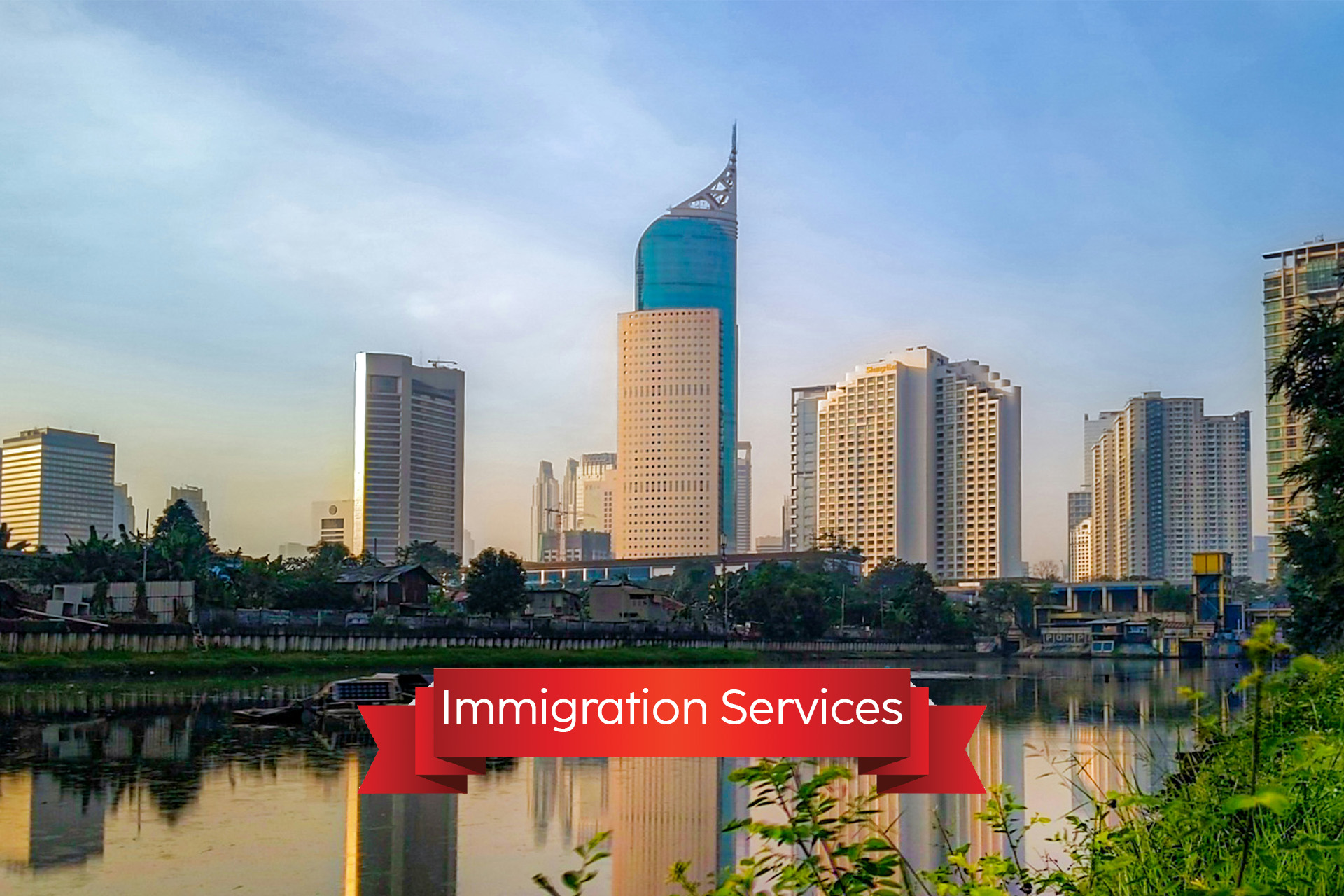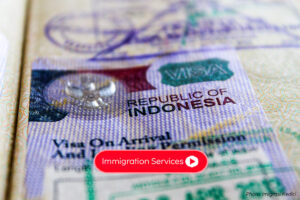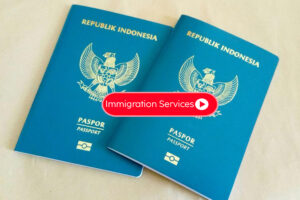Living in Indonesia can be both an exciting opportunity and a challenging experience for foreign nationals. Whether moving to work, start a business, or join a family through marriage, many foreigners find themselves at a crossroads as their circumstances evolve. What happens when a work contract ends, business needs change, or a major decision about where to live looms? This is where questions about residency permits become crucial. Should they leave Indonesia, or is there a legal way to stay without leaving first? Fortunately, the government has introduced the Bridging Visa to help foreigners navigate these transitions smoothly.
The Bridging Visa is a solution designed by the Indonesian government that allows foreign nationals to change their visa type or residency status without the need to leave the country. This visa is aimed at addressing the needs of those who need to adjust their visa status in response to changing life circumstances. But how exactly does it work, and who qualifies for it? Let’s break it down.
What is the Bridging Visa?
The Bridging Visa is a special residency permit that provides foreign nationals with the ability to transition from one visa type to another while remaining within Indonesia. This legal option is a response to the changing dynamics of foreign nationals’ lives and helps them maintain their legal stay.
Read also: Indonesia Among the Busiest Flight Routes Worldwide
The policy, implemented by the Directorate General of Immigration under the Ministry of Law and Human Rights, offers a streamlined process for visa transitions. As explained by Silmy Karim, the Director General of Immigration, on the official Directorate General of Immigration website:
“With this, foreign nationals holding a Visit Stay Permit (ITK) submitted through evisa.imigrasi.go.id are allowed to obtain a Limited Stay Permit (ITAS) without having to leave Indonesia.”
Before this change, foreign nationals whose permits had expired were required to leave Indonesia before they could apply for a new visa. But with the Bridging Visa, foreigners can remain in the country and transition to a new visa type without the hassle of leaving.
Who Can Apply for the Bridging Visa?
The Bridging Visa is available to foreign nationals who already hold a valid residency permit in Indonesia, such as a Limited Stay Permit (ITAS) or a Permanent Stay Permit (ITAP). For example, an investor who previously held a business visa can now apply for an ITAS if they wish to become more involved in the operations of their business. Similarly, a foreigner married to an Indonesian citizen can transition to a family visa.
You may be interested in: 12% VAT in Indonesia Set to Impact Premium Goods and Services Sector
However, it’s important to note that not all types of visas are eligible for transition under this mechanism. There are certain requirements and conditions that must be met, and the process requires approval from the Directorate General of Immigration to ensure compliance with the law.
The Bridging Visa is valid for 60 days and is only available onshore, meaning it applies only to foreigners already residing in Indonesia. This permit becomes invalid if the foreigner leaves the country. It is intended for those transitioning to an ITAS.
Moreover, the extension of an ITAS can only be granted to specific categories of foreign nationals, including skilled workers, businesspeople, researchers, educators, or elderly foreigners over 60. Those applying for family reunification, repatriation, or making Indonesia their second home can also qualify.
Foreign nationals holding a Bridging Visa are exempt from overstay penalties if their application is approved after the expiry of their previous permit. To apply, they must present a valid passport (except for children under 18 and unmarried), proof of ITAS, sponsor’s letter, and an identity card or family card.
How to Apply for the Bridging Visa?
To apply for the Bridging Visa, foreign nationals must submit an online application via the evisa.imigrasi.go.id portal. Applications must be submitted no later than three days before the expiration of their previous residency permit. In addition, applicants are required to pay the immigration fee and submit supporting documents, such as recent bank statements for the last three months, latest property tax receipts, recent financial reports, and proof of income.
For foreign businesspeople, additional documents may be required, including changes in company deeds, recent bond certificates, share ownership records, and proof of asset ownership in Indonesia. This ensures that their reasons for staying and their intentions to contribute to the country are clear.
Bizindo: Your Trusted Partner for Visa Solutions
By offering the Bridging Visa, Indonesia provides foreign nationals with a much-needed option to remain in the country legally, even when their circumstances change. The visa helps save both time and money, as it eliminates the need for foreigners to leave Indonesia to apply for a new visa.
This policy reflects Indonesia’s ongoing efforts to adapt to the changing needs of its international community. It offers flexibility and a clear pathway for foreigners to continue living and contributing to the country, even when their personal situations evolve. As Silmy Karim explains, “The Bridging Residency Permit saves time, effort, and accommodation costs, as foreign nationals no longer need to leave Indonesia.”
For those who find the process overwhelming or need professional assistance, Bizindo is here to help. As a trusted provider of immigration and licensing consultancy services, Bizindo has a team of experts ready to guide you through the process, ensuring everything runs smoothly and complies with regulations.
Indonesia continues to open its doors to the world, offering opportunities for both locals and foreigners alike. With the support of Bizindo, your journey to remain and thrive in Indonesia will be more efficient and hassle-free.
Contact Bizindo today to get the best solution tailored to your needs.





 20% off today. Whatsapp us!
20% off today. Whatsapp us!